We recently connected with Danielle Olana Jagelski and have shared our conversation below.
Danielle, thanks for taking the time to share your stories with us today Are you able to earn a full-time living from your creative work? If so, can you walk us through your journey and how you made it happen?
Earning a full time living as a musician has always been a dream of mine. Growing up in rural Idaho and Wisconsin, being a music teacher was my first dream. My initial aspirations gravitated towards the realm of music education as the perceived gateway to a sustainable livelihood in the industry.
However, when initially thinking and exploring being a full-time educator, I realized that the gifts effective teachers possess come from experiences outside of the classroom as much as they come from inside the classroom. So, I decided to take time before being a full time teacher to gain experience that I could later pass to my students.
After deciding that being a teacher was to be placed on the back burner, I needed to figure out a way to make money. Conducting and composing fed me artistically and spiritually, but the cash they brought in was a far cry from literally feeding me. This was when I entered arts administration. Through internships and entry level positions, I slowly learned the different roles involved in bringing a creative project to light. I also started to build kinship with other arts workers like myself: the music community as a whole, the Indigenous-led arts community, and the women-led arts community.
I learned that the skills that define my voice as a conductor and composer were also integral skills for a creative producer. Effective and compassionate communication, ability to build motivation for a common cause, “thinking on your feet,” willingness to be vulnerable, confidence to share inner parts of yourself- these are all aspects needed in conducting, composing, and producing. Now, all three of these roles are not separate in my career, but are all deeply connected in my artistic practice.
By combining all three of these roles, I have been able to build a career that sustains me financially, as well as artistically. One cannot be separated from the others. I used to have a small pocket of shame from having to do so many things to “stay afloat.” I thought it was a career that I pieced together to make ends meet, but now I am proud to have so many roles, projects, and communities that are all built around creating incredible music together.
More established in my career now, my dream of being a teacher has been achieved, just in a different way than I thought. I still teach (though most of the time, not in the classroom). I realized that by pursuing to gain knowledge to share with others, I have gathered more knowledge than I knew was possible, and that has influenced all realms of my creative career. Through thinking my possibilities as a professional musician were limited, approaching the industry with a “here to learn” attitude actually made my possibilities limitless. I was not restricted by what I was “supposed to be,” and instead was liberated with learning what I had the potential to pursue.
Day one of this journey was scary, but it was also exciting. Having no plans is the same as having limitless plans, right? Maybe. Some days there were no possibilities, and the next day were endless possibilities, all based on my mindset. Having “no” work and having “a career” is the crux of making a living in the arts, and it is often all a matter of perspective.
If I could go back, I’m not sure if I would do things differently in order to speed up the process of finding my career. If my process had been sped up, I may have missed the deep connections to my colleagues I’ve had the privilege to build, or would have never had the chance to learn different aspects of the arts eco-system. At the beginning, I would have loved to have a “big-break,” but now I am so happy that I had to build my career from the ground up.
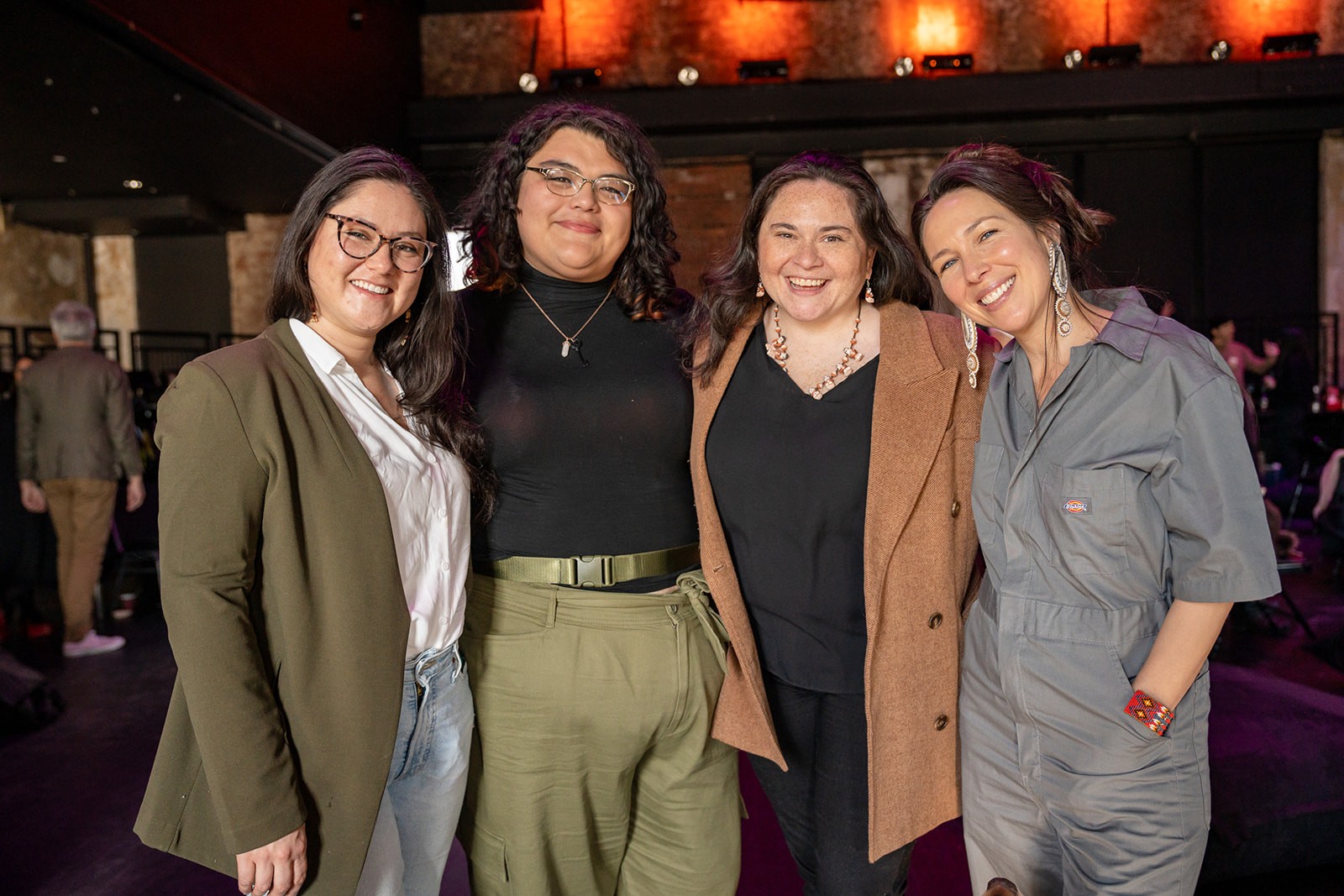
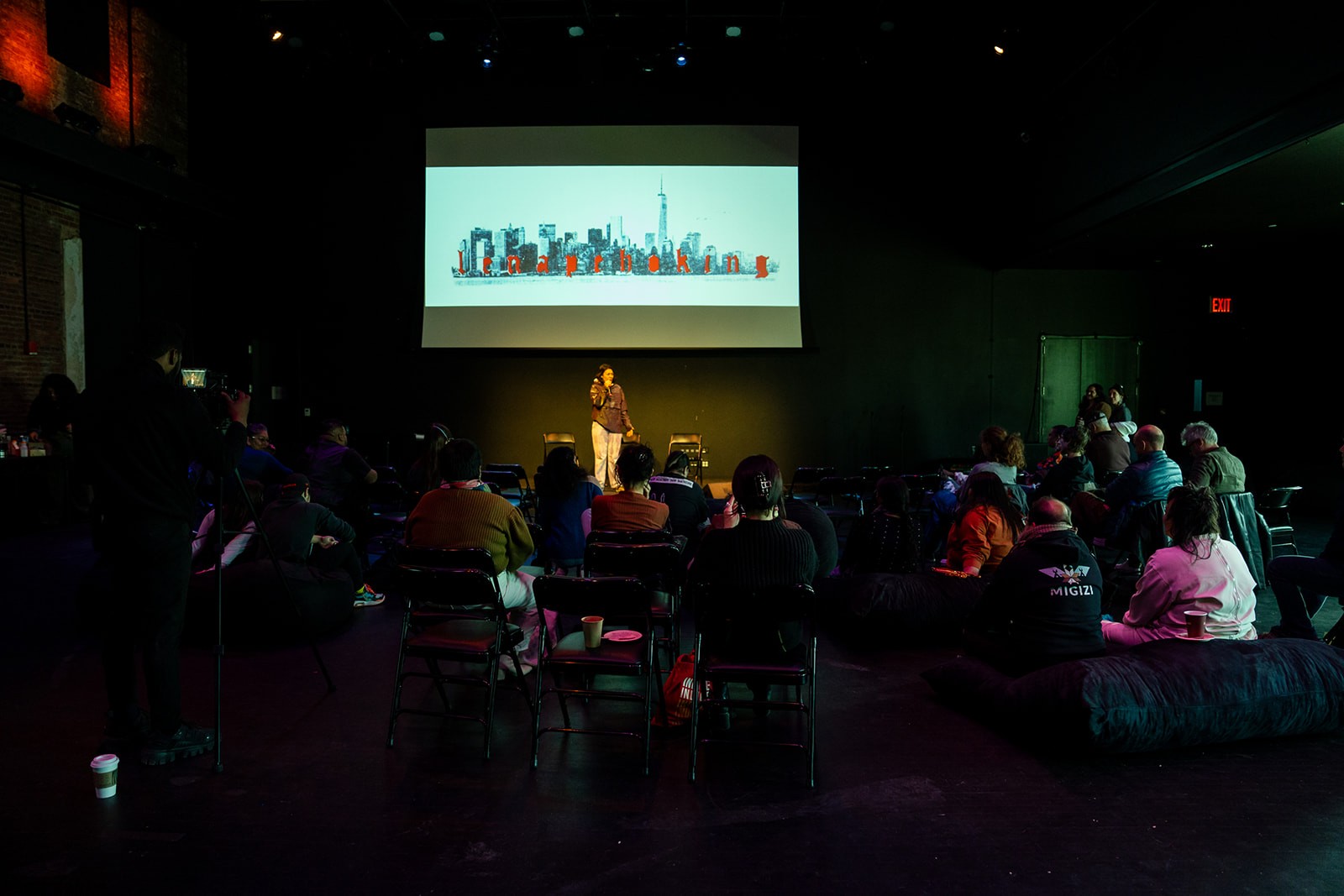
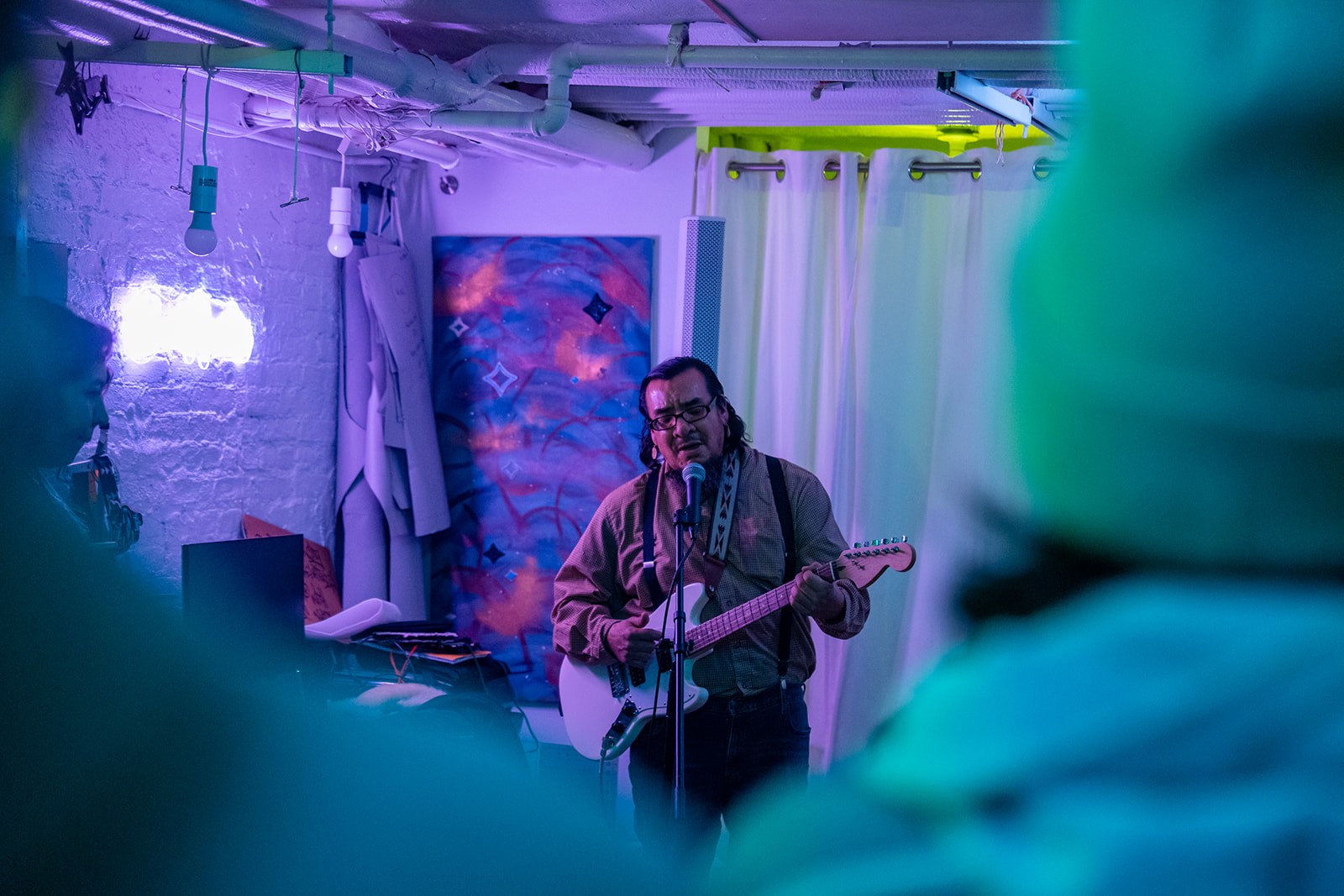
Danielle, before we move on to more of these sorts of questions, can you take some time to bring our readers up to speed on you and what you do?
Danielle Jagelski is a conductor, composer, and creative producer. At home in both orchestral and theatrical realms, she is the Artistic Director and Co-founder of Renegade Opera, Associate Conductor of PROTESTRA, Producer for First Nations Performing Arts, and Conducting Faculty at Manhattan School of Music-Precollege Division.
Sought out for her execution of contemporary and new works, recent conducting engagements include the US premiere of Never to Return by Karen Sunabacka, Scalia/Ginsberg at Opera Ithaca, Missing by Brian Current at Anchorage Opera, Dark Sisters by Nico Muhly at Temple University, Tlingit Opera at Perseverance Theatre, Adam’s Run by Ruby Fulton at Renegade Opera, National Music & Global Culture Society at Lincoln Center, Garden of Alice by Elizabeth Raum with City Lyric Opera, served as assistant conductor for Le nozze di Figaro at the Estates Theatre.
Past engagements include working with ensembles such as the Opera Theatre Saint Louis, Stanford Symphony Orchestra, Rhymes with Opera, and Manhattan School of Music.
A citizen of the Oneida Nation of Wisconsin and Red Cliff Band of Ojibwe with Polish-settler heritage, Danielle often collaborates and performs with other Indigenous artists in interdisciplinary projects, along with presenting her research in mixed-race studies and classical music throughout the US and Canada.
As a composer, her most recent premieres have been by New Native Theatre, Hear Us Hear Them Ensemble, MUSE Cincinnati Women’s Choir, American Patriots Project, Artemis Singers. She is currently working on a new work commissioned by Voice of Ascension to be premiered in April 2024. She is a recipient of grants from The Plimpton Foundation, Foundation for Contemporary Arts, and Native Arts and Cultures, as well as earning a distinction award from the National Opera Association.
Danielle graduated from Hamline University with degrees in classical composition and chemistry, with further studies in conducting from Conservatorium van Amsterdam and Manhattan School of Music.
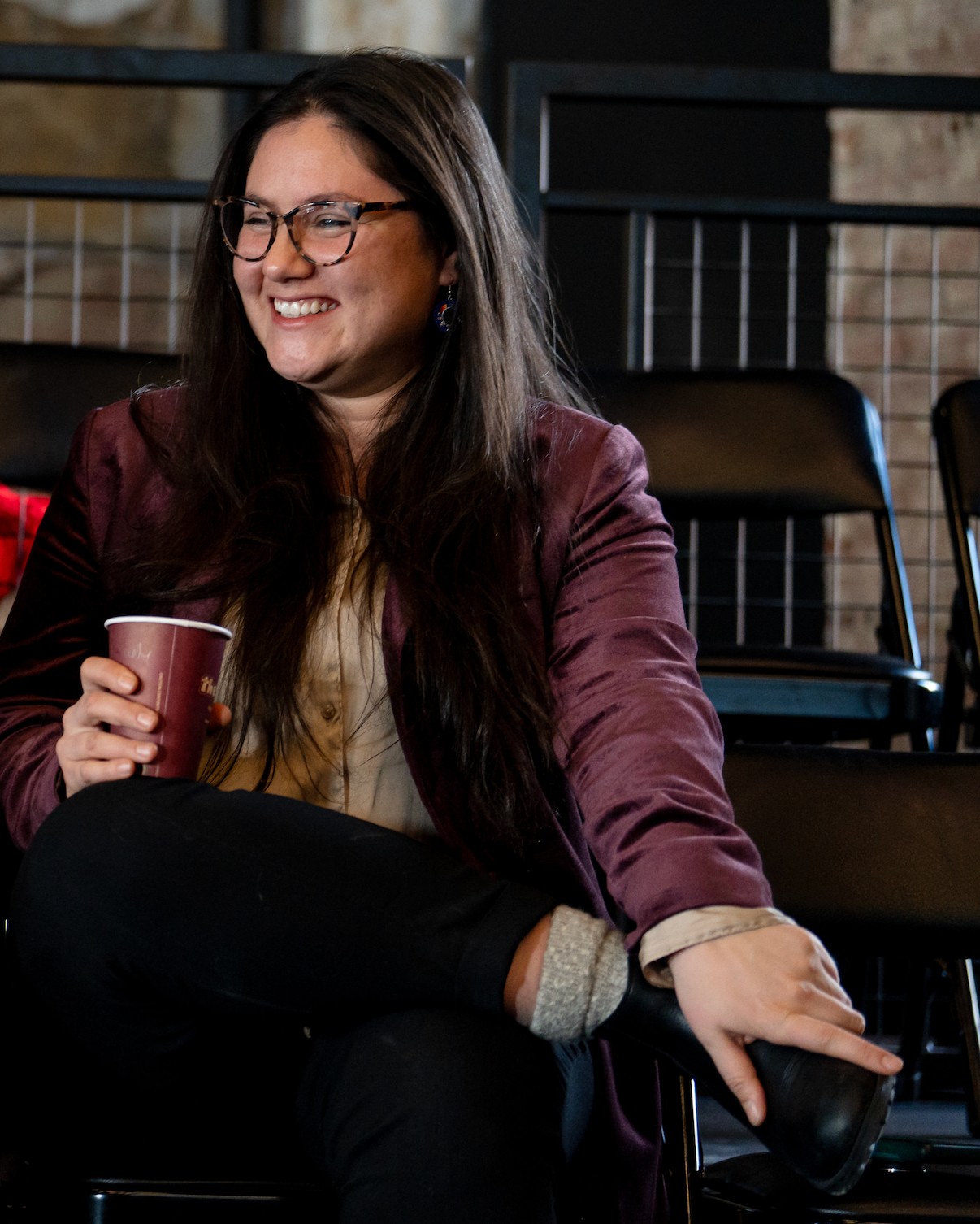
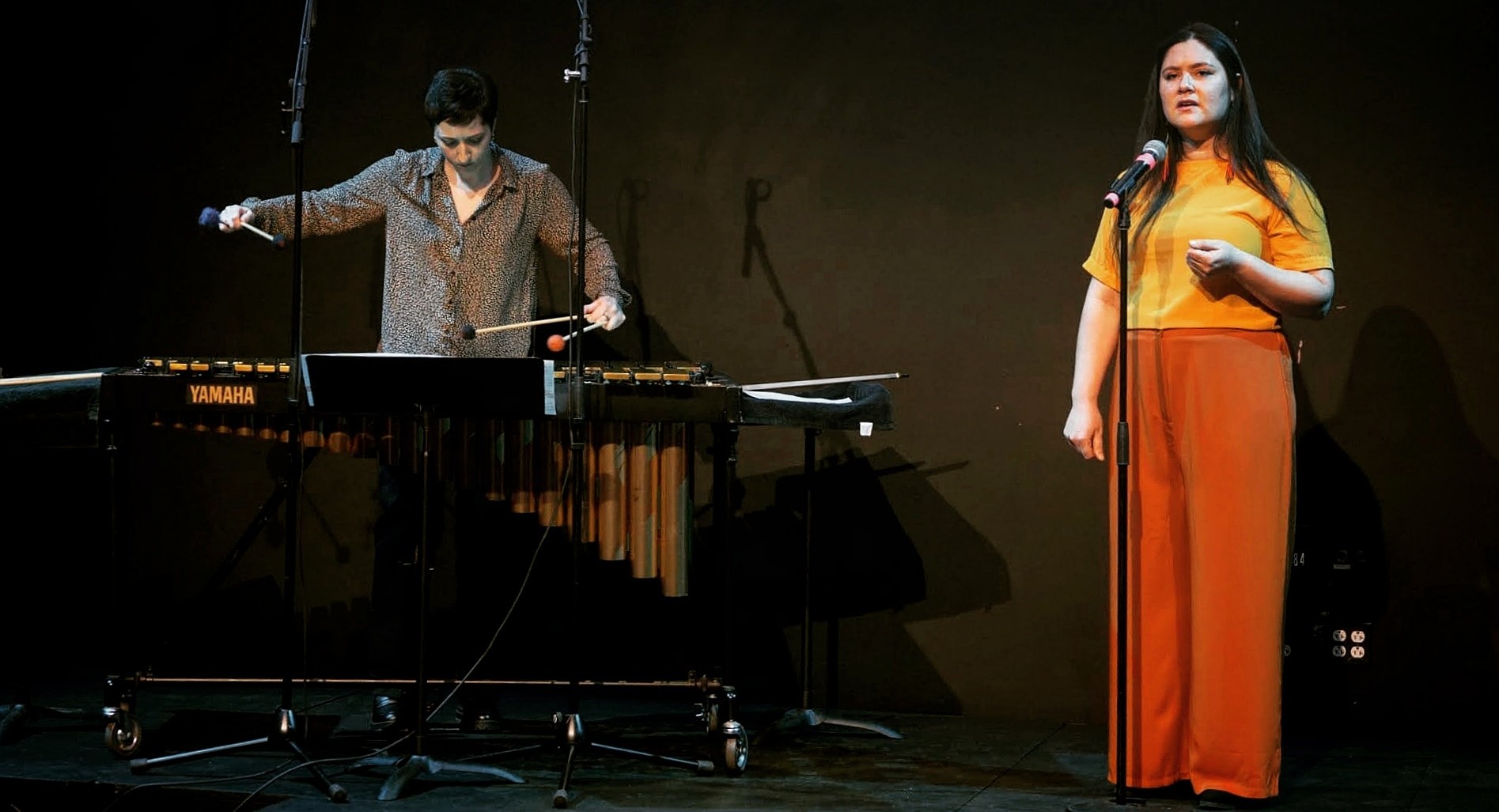
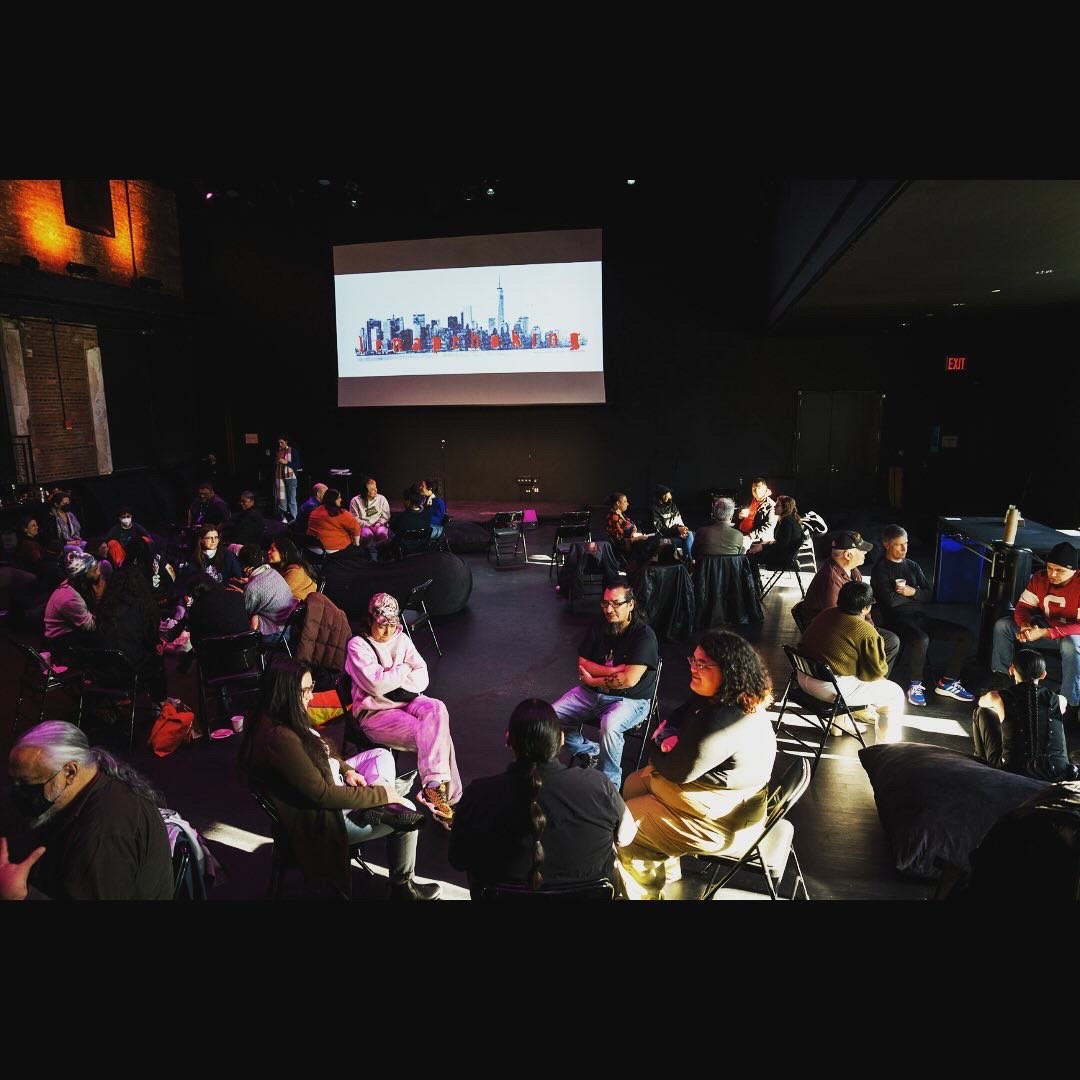
What can society do to ensure an environment that’s helpful to artists and creatives?
A thriving arts eco-system is truly the lifeblood of society, and I believe it is so important to keep building. Innovation comes from community and creativity, and the arts is a vital way for people from all walks of life to connect.
I would love to see a deeper investment in personal relationships throughout the creative career spectrum. All people working in innovative fields have a drive to create something novel and impactful. I truly believe that investing on a personal level is as important as investing on a financial level, and we can learn so much from one another.
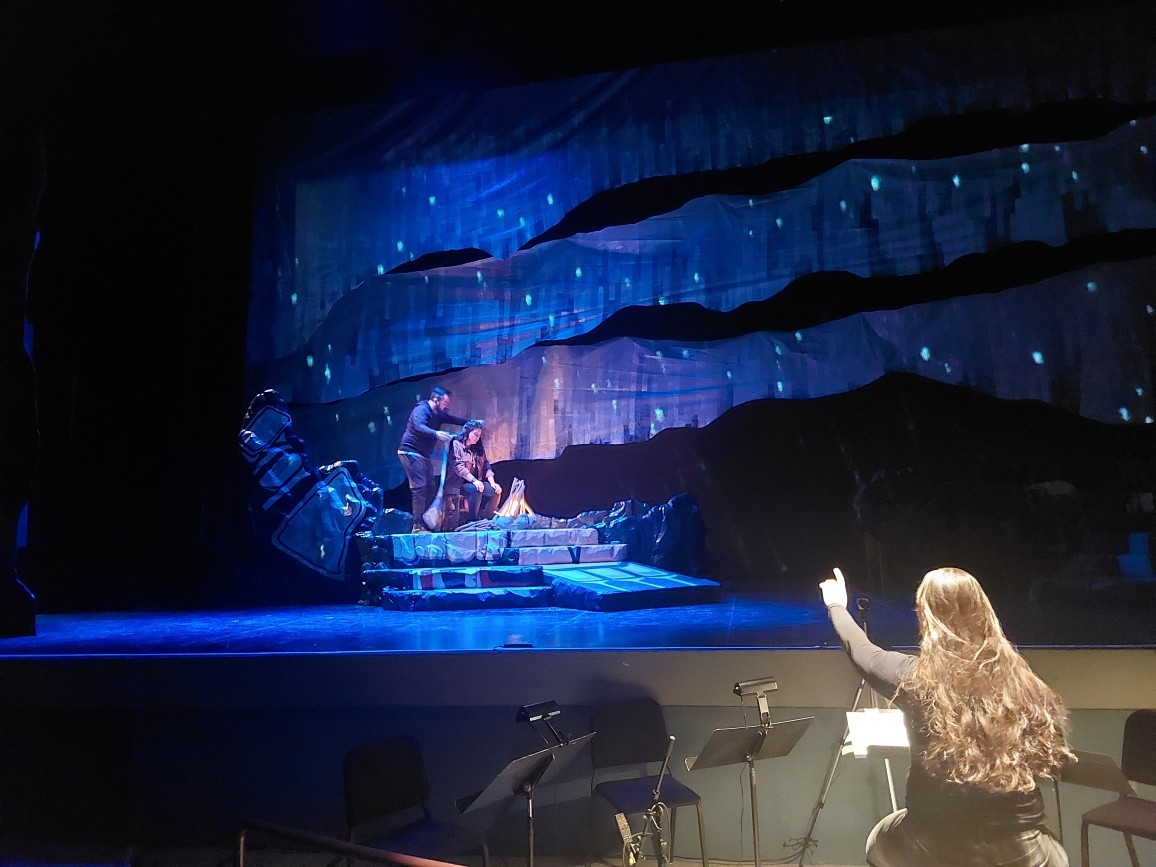
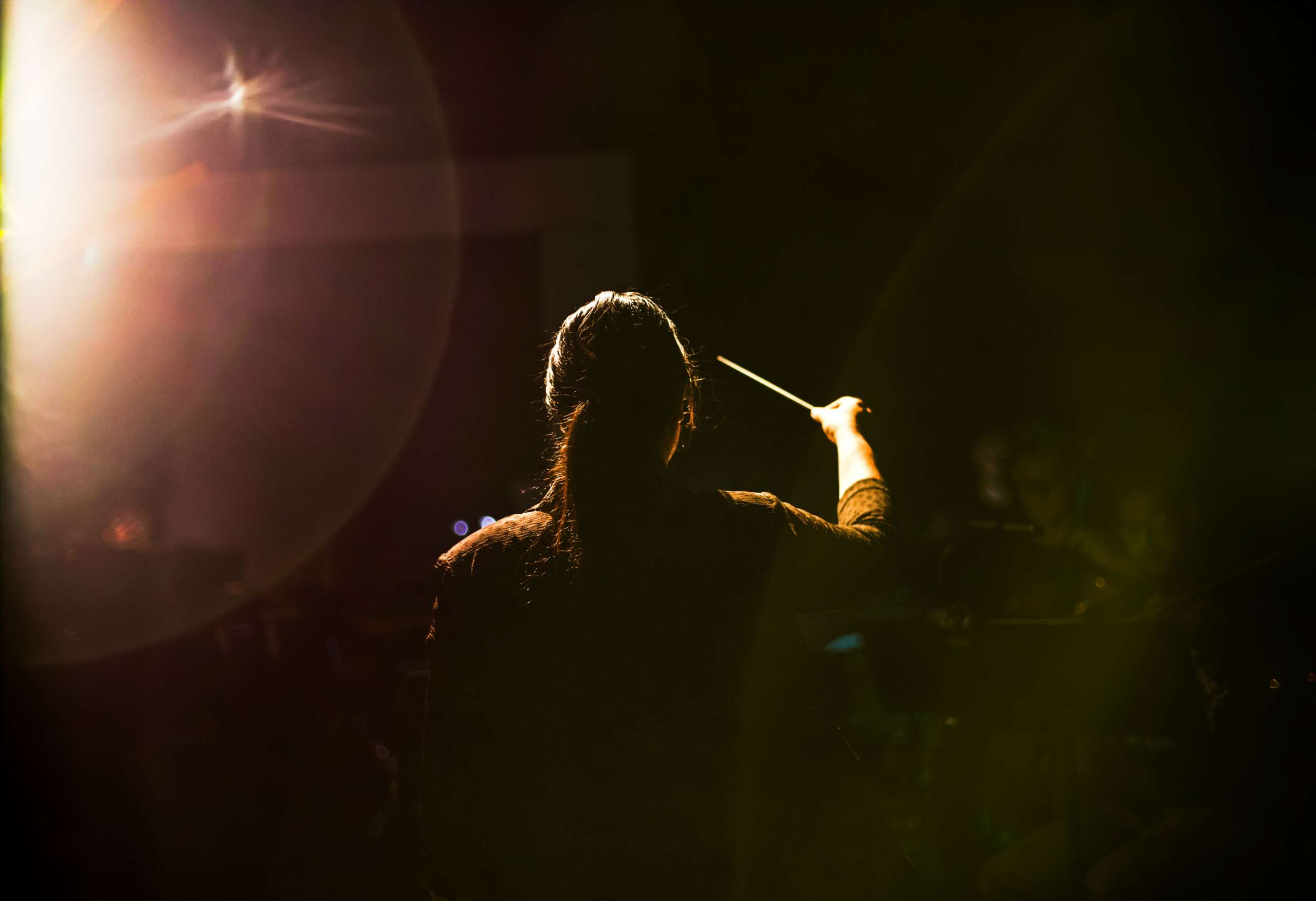
What’s a lesson you had to unlearn and what’s the backstory?
I had to unlearn that there is such a thing as “waiting for the right time.” As a young musician, I was told that there are certain things to do at certain times (training programs, competitions, degree programs.) This limited me from using the skills that are most important that I already possessed- my curiosity. I think that musicians of all ages and abilities should not be shy about reaching out to others, or trying to learn more, and then making a decision. If you are hungry, people will see that, and many of them will help you. This also gives you the opportunity to try out many things until you find the right fit.
Contact Info:
- Website: https://daniellejagelski.com
- Instagram: https://www.instagram.com/daniellejagelskimusic/
- Facebook: https://www.facebook.com/danielle.jagelski/
- Linkedin: https://www.linkedin.com/in/daniellejagelski/
Image Credits
(headshot) Racheal Hadishar (FNPA and team photos) – Rebekah Wise (performance photos) Tom Lupton


